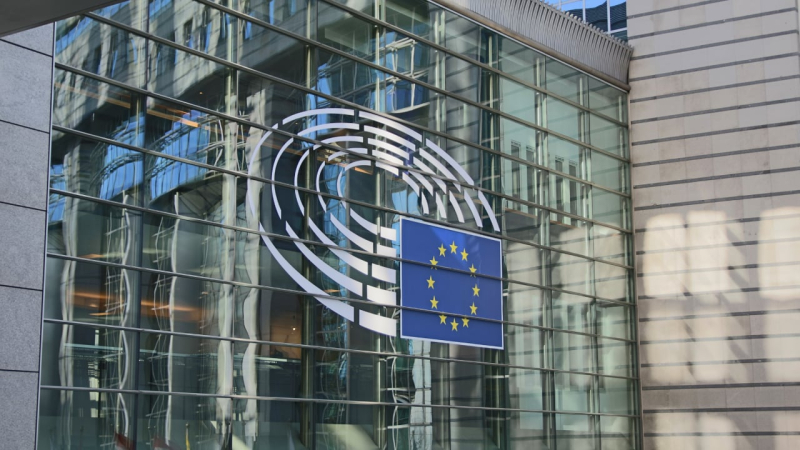
Polls show that after the European Parliament elections next week, the number of representatives from far-right parties will exceed the number of MPs from the center-right European People's Party (EPP) of the head of the European Commission Ursula von der Leyen.
This does not mean the EPP will win another seat, as the fragmented far-right parties will almost certainly not be able to unite. However, this suggests that Europe is moving to the right and the next European Parliament will have a new political face, writes Politico.
According to the publication’s forecast, the EPP would receive 170 seats in the future European Parliament if elections were held now.
Now watching
European Conservatives and Reformists (ECR) and Identity and Democracy (ID) are the two main right-wing groups vying for 144 seats.
European Parliament elections
There are other parties, such as the Alternative for Germany, which is projected to win 16 seats, and Hungarian Prime Minister Viktor Orban's Fidesz, which is vying for ten seats. The French Reconquista Party could win five seats, the Polish Confederation six, and the Bulgarian pro-Kremlin Renaissance Party three.
Thus, the number of far-right members of the European Parliament may increase to 184.
How they will unite after the elections remains an open question.
Marine Le Pen of the French National Rally party is seeking to forge ties with Italian Prime Minister Giorgia Maloney to form a far-right group in parliament. The National Rally is projected to become the leading national party in the ID group, while the Brothers of Italy Meloni may become the largest national party in the ECR.
Maloney said she was open to cooperation with any right-wing party, but she also received an offer to unite with von der Leyen's EPP.
Meanwhile, last Sunday the Alternative for Germany “threw away” from ID.
Pro-Ukrainian ECR members did not accept the idea of Orbán’s Fidesz joining their group. Others, namely the Belgian New Flemish Alliance, questioned the Hungarian party's accession to the ECR.
The ID and ECR groups are far from a monolithic bloc even now; their members often vote against the majority—so it is unlikely that national interest-oriented groups can be expected to agree to vote on every issue.

